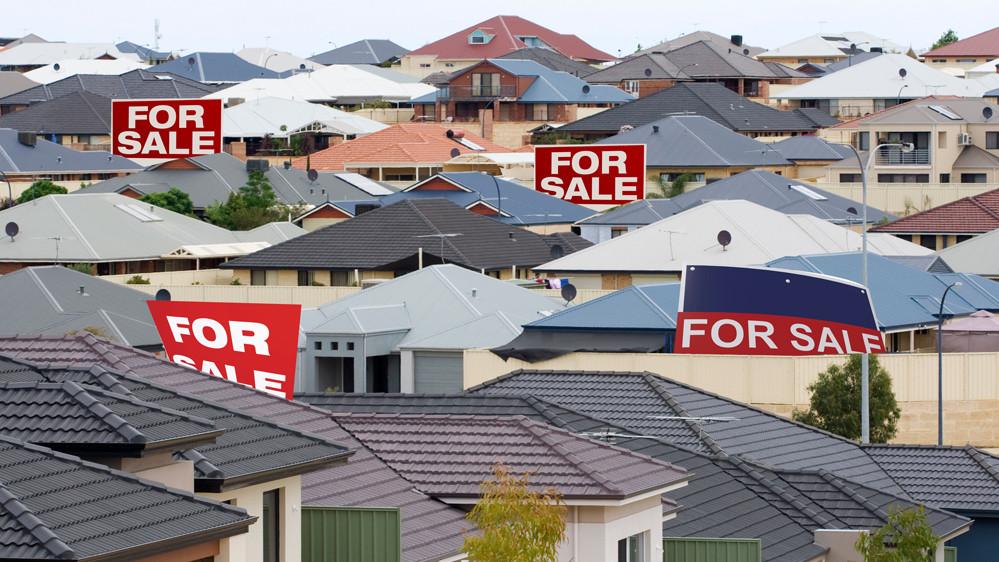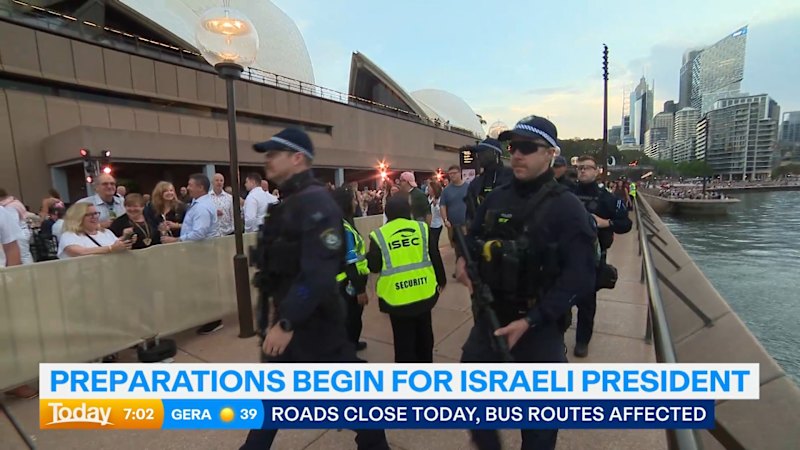
Graphic for Perth housing market story.
The Western Australia (WA) Government faces a significant trust deficit regarding its ability to address the ongoing housing crisis. Despite ranking third in the nation for new home construction targets, a recent survey by the advocacy group Amplify indicates that public confidence in the government’s efforts is alarmingly low. Only 33.1 percent of West Australians feel positively about the direction of housing policy, an outlook shared with Tasmania, marking the lowest community confidence score in the country.
The survey, which gathered responses from over 4,000 Australians, reveals a troubling trend. West Australians exhibit low trust not only in their state government but also in the Federal Government’s capacity to resolve the housing situation, second only to Queensland in this regard. Not a single jurisdiction surveyed managed to achieve a confidence level above fifty percent regarding government housing delivery.
Challenges Ahead for WA Government
Georgina Harrisson, chief executive of Amplify, underscores the implications of this trust gap. She notes that as the government attempts to make more difficult decisions to rectify the housing shortfall, losing community trust complicates the process. “When you lose the trust of the community, you then don’t have the social licence to do that really hard stuff,” Harrisson stated in an interview with The West Australian.
While WA is on track to construct approximately 107,500 homes by mid-2029—representing about 86 percent of its share of the national target to build 1.2 million homes—the region still faces significant hurdles. Harrisson points out that the ongoing worker shortage and slow planning processes continue to hinder progress.
The community’s growing frustration is manifesting in various ways, including increasing anti-immigration sentiments. Some residents believe that high levels of migration exacerbate the housing crisis. One WA renter expressed a desire for better collaboration between state and federal governments to “stop mass migration, which is making the problem worse.” Another homeowner commented on the mismatch between the skills of incoming migrants and the needs of the construction industry, stating, “There should be more people with skills given the migration intake but all migrants that have settled here don’t seem to have any building skills.”
Government Responses and Future Prospects
Despite the challenges, Harrisson believes there is a need for decisive action. She candidly remarked, “No,” when asked if governments are doing enough regarding housing supply. The emotional and practical levels of crisis felt by the community reflect a significant gap between public sentiment and government response. “The community cares more about housing than it does anything else right now,” she added.
Amplify’s team recently engaged with Federal politicians in Canberra, including Clare O’Neil, the Housing Minister. The Federal Government has introduced several measures aimed at increasing social and affordable housing. However, these initiatives require time to yield results, while demand-side policies tend to produce more immediate impacts.
In a recent announcement, the government revealed that 5,778 people utilized the five percent deposit guarantee scheme within the first month following its expanded eligibility, representing a near 50 percent increase compared to the same period last year. Despite this, home prices across Australia increased by one percent during the same month, indicating ongoing pressures in the housing market.
As the WA Government navigates these challenges, the critical task ahead is to rebuild community trust. Without this essential support, the path to resolving the housing crisis will likely become even more arduous.






